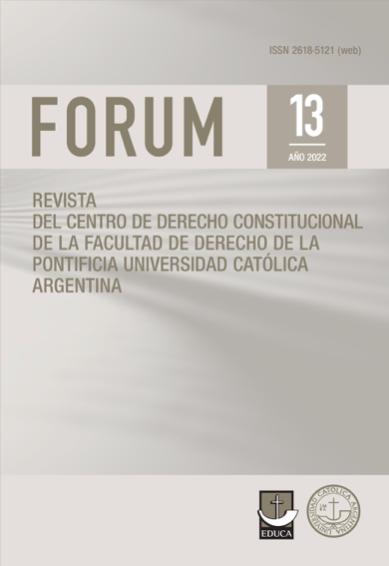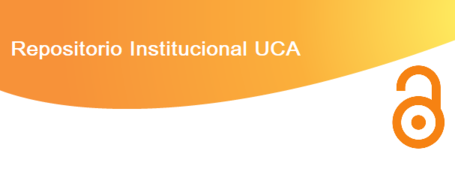Notes on the Constitution and gender-inclusive language
Keywords:
Constitutional Law, National Constitution, Gender, Inclusive Language, Lawmaking, Constitutional AmendmentAbstract
This article reviews the “Report on Gender Inclusive Language in the Spanish Constitution” published by the Royal Spanish Academy in 2020, and analyses whether its findings are appliable to the Argentinean Constitution. The article concludes that there are no legal or linguistic grounds for a constitutional amendment since the language employed by the constituents, i.e. the generic male form, is already inclusive of both male and female sexes.
Downloads
References
Bibliografía
Fundación del Español Urgente (Fundéu), “El femenino de cargos, puestos y profesiones”, https://www.fundeu.es/lenguajeinclusivo/femeninoprofesiones.html
Fundación del Español Urgente (Fundéu), “Lenguaje inclusivo: una breve guía sobre todo lo que está pasando”, https://www.fundeu.es/lengua- je-inclusivo/
Real Academia Española, Estatuto, Madrid, 2021.
Real Academia Española, “Informe de la Real Academia Española sobre el
lenguaje inclusivo y cuestiones conexas”, https://www.rae.es/sites/
default/files/Informe_lenguaje_inclusivo.pdf
Real Academia Española, “Diccionario panhispánico de dudas”, 2005. Pereda, Gonzalo, “Apuntes sobre el lenguaje inclusivo”, Diario El Derecho n° 285, 13 de diciembre de 2019, pp. 4-5.
Sarlo, Beatriz & Kalinowski, Santiago, La lengua en disputa: Un debate sobre el lenguaje inclusivo, Buenos Aires, Godot, 2019. Normas citadas
Constitución de la Nación Argentina (publicada según Ley No 24.430, BO 10/01/1995).
Downloads
Published
How to Cite
Issue
Section
License

Esta obra está bajo una Licencia Creative Commons Atribución-NoComercial-CompartirIgual 4.0 Internacional.






